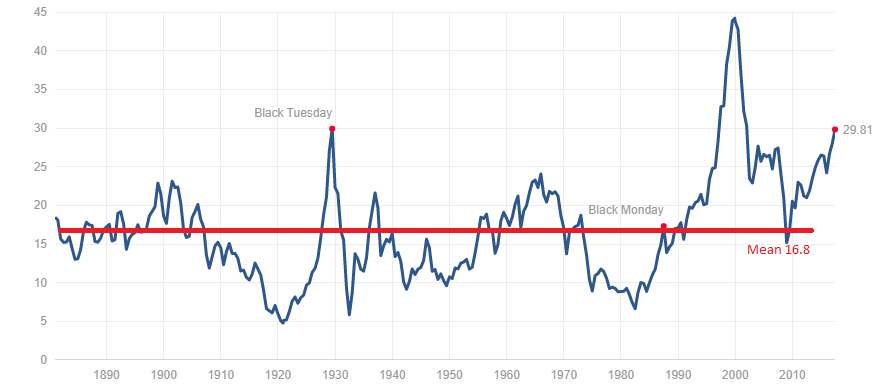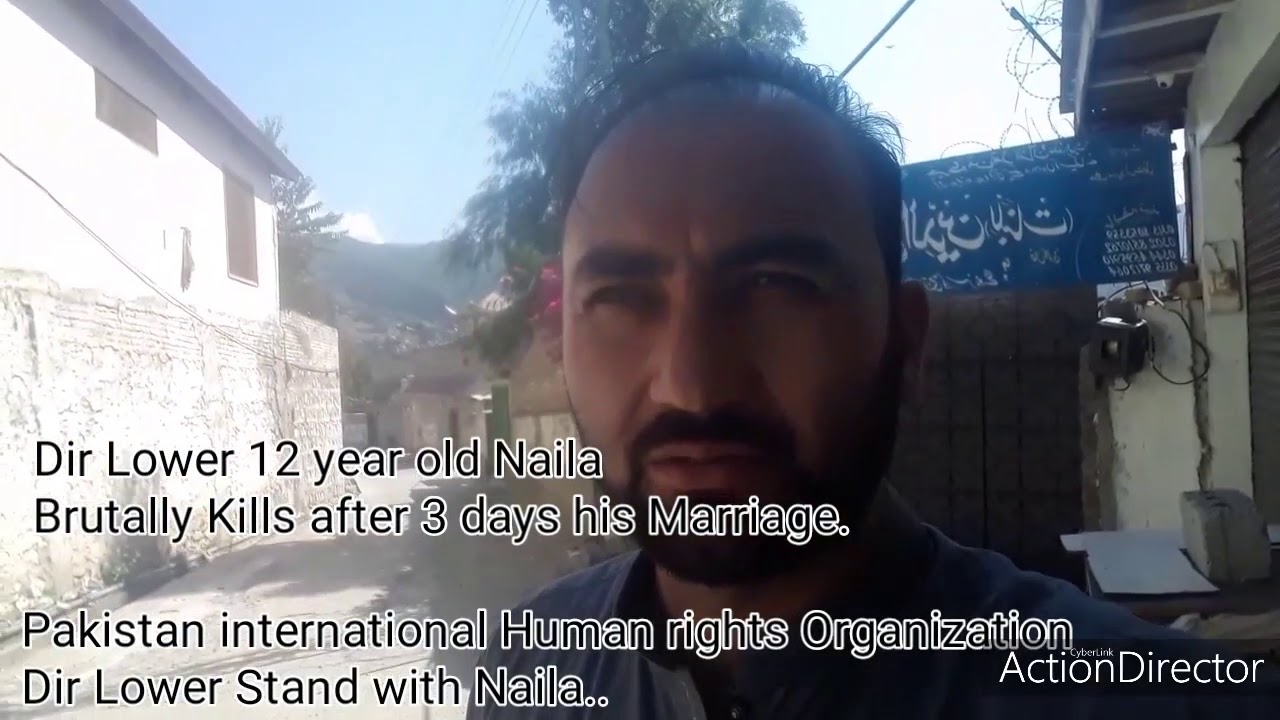School Suspensions: Do The Consequences Outweigh The Benefits?

Table of Contents
The Negative Impacts of School Suspensions on Student Outcomes
School suspensions, while often seen as a quick solution to disruptive behavior, have far-reaching negative impacts on students' academic, social, and emotional well-being. The consequences often extend far beyond the immediate suspension period.
Academic Performance
Suspensions significantly disrupt a student's academic progress. The time missed translates to missed lessons, assignments, and crucial learning opportunities. This leads to a cascade of negative effects:
- Increased likelihood of failing grades: Catching up on missed work can be an insurmountable challenge, leading to failing grades in multiple subjects.
- Difficulty catching up on missed work: The sheer volume of missed material can be overwhelming, making it difficult for students to regain their academic footing.
- Disruption to learning routines: The interruption to a consistent learning environment negatively impacts a student's ability to focus and absorb new information.
- Negative impact on standardized test scores: Missed instruction and the stress associated with suspension can significantly impact performance on standardized tests.
Studies consistently show a correlation between increased suspensions and lower academic achievement, ultimately contributing to higher dropout rates.
Social and Emotional Development
Beyond academics, suspensions inflict significant damage on a student's social and emotional development. The isolation and stigma associated with suspension can contribute to:
- Increased likelihood of depression, anxiety, and behavioral problems: The feeling of exclusion and punishment can exacerbate pre-existing mental health issues or trigger new ones.
- Strained relationships with peers and teachers: Suspensions can damage relationships with classmates and teachers, making it harder for students to reintegrate into the school environment.
- Potential for increased delinquency: Removing a student from a supportive school environment can increase their risk of involvement in delinquent behavior.
Research indicates a strong link between school suspensions and increased rates of depression, anxiety, and future involvement with the juvenile justice system.
The School-to-Prison Pipeline
A particularly concerning consequence of school suspensions is their contribution to the school-to-prison pipeline. Disproportionate suspension rates for certain student demographics fuel this cycle:
- Higher suspension rates for students of color and students with disabilities: Studies consistently reveal significant disparities in suspension rates based on race, ethnicity, and disability status, often reflecting implicit bias in disciplinary decisions.
- The cyclical nature of suspension and involvement with the juvenile justice system: Repeated suspensions can lead to increased contact with law enforcement, increasing the likelihood of future involvement with the juvenile justice system.
- The role of implicit bias in disciplinary decisions: Unconscious biases can influence disciplinary decisions, leading to harsher punishments for certain student groups.
Data on suspension rates across different student demographics clearly demonstrates the inequitable impact of this disciplinary approach.
The Perceived Benefits of School Suspensions and Their Limitations
While some argue that suspensions are necessary for maintaining order and safety in schools, a closer examination reveals their limitations.
Maintaining Order and Safety
The belief that suspensions maintain order and safety is a common justification for their use. However, this perspective overlooks crucial factors:
- The limitations of suspension in addressing root causes of disruptive behavior: Suspensions fail to address the underlying issues contributing to a student's misbehavior.
- The potential for suspensions to escalate conflicts rather than resolve them: Removing a student from school can intensify conflicts and make reconciliation more difficult.
- The impact on the overall school climate: A climate of fear and punishment can negatively affect the overall school environment for all students.
Deterring Misbehavior
The effectiveness of suspensions as a deterrent is questionable. Evidence suggests that suspensions often fail to change student behavior:
- The lack of evidence showing a strong correlation between suspensions and reduced misbehavior: Studies have shown that suspensions often do not lead to a decrease in negative behaviors.
- The potential for suspensions to reinforce negative behaviors: The isolation and alienation associated with suspension can reinforce negative behaviors and attitudes.
- The importance of restorative justice practices: Restorative practices focus on repairing harm and fostering understanding, leading to more positive behavioral changes.
Research consistently demonstrates that suspensions are often ineffective in achieving their intended purpose of deterring misbehavior.
Alternative Disciplinary Approaches and Restorative Justice
Instead of relying on suspensions, schools should adopt alternative disciplinary approaches that prioritize support and restorative practices.
Restorative Justice Practices
Restorative justice practices focus on repairing harm caused by wrongdoing and fostering understanding between all parties involved:
- Examples of restorative justice practices: Circles, conferencing, and restorative conversations.
- Benefits of PBIS: Creating a positive school climate, reducing behavioral problems, and improving school-wide safety.
- The role of collaborative problem-solving: Working together to find solutions that address the root causes of misbehavior.
- Focus on repairing harm and fostering understanding: Restorative practices focus on building relationships and addressing the needs of all stakeholders.
These methods offer a more effective and equitable approach to discipline.
Positive Behavioral Interventions and Supports (PBIS)
PBIS is a proactive approach to creating a positive school climate that emphasizes preventative measures and positive reinforcement:
- Teaching social-emotional skills: Equipping students with the skills they need to manage their emotions and navigate social situations.
- Clear expectations and consistent consequences: Establishing clear rules and expectations while consistently applying appropriate consequences.
- Positive reinforcement: Rewarding positive behaviors to encourage their continuation.
- Building positive relationships: Fostering positive relationships between students, teachers, and staff.
In-School Support Services
Providing access to in-school support services is crucial for addressing the underlying issues that contribute to misbehavior:
- Early intervention programs: Identifying and addressing behavioral issues early on before they escalate.
- Access to social workers and counselors: Providing students with access to mental health services.
- Addressing underlying issues contributing to misbehavior: Identifying and addressing issues such as poverty, trauma, and learning disabilities.
Conclusion: Rethinking School Suspensions – A Call for Change
This article has demonstrated the significant negative consequences of school suspensions on student outcomes, highlighting their ineffectiveness as a deterrent and their contribution to the school-to-prison pipeline. The data overwhelmingly suggests that school suspensions, as a primary disciplinary method, are detrimental to students' well-being and academic success. Instead of relying on punitive measures, schools must adopt restorative and supportive approaches, such as restorative justice practices and PBIS, alongside increased access to in-school support services. Let's work together to replace outdated school suspension policies with more effective and equitable disciplinary practices that support all students. By shifting our focus from punishment to support, we can create a more positive and productive learning environment for every child. We need to rethink school suspensions and prioritize the well-being of all students.

Featured Posts
-
 Bof As Reassurance Why Current Stock Market Valuations Shouldnt Worry Investors
May 02, 2025
Bof As Reassurance Why Current Stock Market Valuations Shouldnt Worry Investors
May 02, 2025 -
 Jnwby Ayshyae Ka Amn Kshmyrywn Kw Ansaf Dlana Drwry
May 02, 2025
Jnwby Ayshyae Ka Amn Kshmyrywn Kw Ansaf Dlana Drwry
May 02, 2025 -
 Investing In Mental Health A Strategic Approach To Productivity Enhancement
May 02, 2025
Investing In Mental Health A Strategic Approach To Productivity Enhancement
May 02, 2025 -
 Shh Rg Kb Tk Zyr Khnjr Ayksprys Ardw Ka Jayzh
May 02, 2025
Shh Rg Kb Tk Zyr Khnjr Ayksprys Ardw Ka Jayzh
May 02, 2025 -
 Dallas Star Priscilla Pointer Dies At 100 Spielbergs Former Mother In Law Passes Away
May 02, 2025
Dallas Star Priscilla Pointer Dies At 100 Spielbergs Former Mother In Law Passes Away
May 02, 2025
Latest Posts
-
 Qua Xua It Ai Biet Nay Duoc Dan Thanh Pho Ua Chuong Gia 60 000d Kg
May 03, 2025
Qua Xua It Ai Biet Nay Duoc Dan Thanh Pho Ua Chuong Gia 60 000d Kg
May 03, 2025 -
 Loai Qua Xua Nay Thanh Dac San 60 000d Kg Huong Vi Dac Biet Dan Thanh Pho Me Man
May 03, 2025
Loai Qua Xua Nay Thanh Dac San 60 000d Kg Huong Vi Dac Biet Dan Thanh Pho Me Man
May 03, 2025 -
 Replacing Farage Why Rupert Lowe Is The Ideal Candidate For Reform
May 03, 2025
Replacing Farage Why Rupert Lowe Is The Ideal Candidate For Reform
May 03, 2025 -
 Dutch Utilities To Pilot Lower Tariffs During Solar Peaks
May 03, 2025
Dutch Utilities To Pilot Lower Tariffs During Solar Peaks
May 03, 2025 -
 A New Era For Reform Supporting Rupert Lowes Leadership
May 03, 2025
A New Era For Reform Supporting Rupert Lowes Leadership
May 03, 2025
